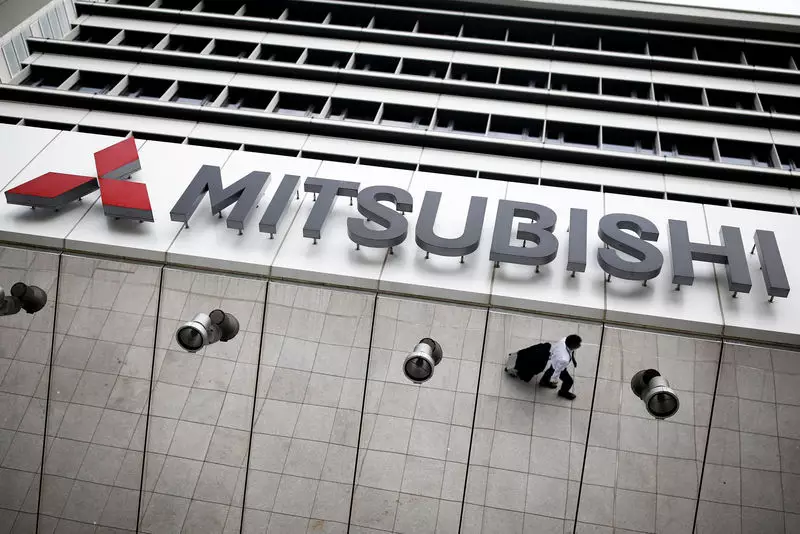Japan’s weak consumption may intensify political pressure on the central bank to raise interest rates in order to curb the decline of the yen. Bank of Japan Governor Kazuo Ueda is expected to continue signaling a hawkish stance on the policy outlook, but with cautionary language to account for the possibility of a delayed consumption rebound. Despite the BOJ’s decision to end eight years of negative rates in March, the yen has depreciated by approximately 10% against the dollar this year due to the significant difference in interest rates between the U.S. and Japan.
The recent data showing a larger-than-expected economic contraction in the first quarter has been attributed to rising living costs caused by the weak yen, which in turn has dented consumption. Additionally, exports have also declined, indicating reduced benefits for manufacturers from the depreciating currency. While these economic indicators may not immediately necessitate a change in the BOJ’s current rate hike plan outlined in April, policymakers are closely monitoring the prospects of a consumption recovery later this year.
Prime Minister Fumio Kishida is facing challenges as the weak yen continues to dampen consumption, making it difficult to fulfill promises of increasing inflation-adjusted wages. Although the BOJ has refrained from directly intervening in currency movements, the government and business leaders have expressed apprehension over the negative consequences of a weak yen. Calls for interest rate hikes have been made to mitigate the adverse effects of import-related price pressures and ensure sustainable wage growth.
While the BOJ has emphasized its commitment to maintaining stability in monetary policy and monitoring yen fluctuations, there is a growing consensus on the need for a cautious approach to rate hikes. The central bank’s communication strategy has been evolving in response to mounting pressure from the government and private sector stakeholders. Concerns over excessive price increases due to the weak yen have prompted discussions on achieving moderate inflation levels around 2% to support businesses in raising wages.
The prevailing economic conditions in Japan present a unique challenge for policymakers, with short-term interest rates hovering near zero despite inflation surpassing the BOJ’s target for an extended period. The prospect of raising rates amidst a fragile economy poses significant uncertainties, especially in light of the impact a weak yen could have on inflation dynamics. While the BOJ is not expected to hike rates solely to address currency depreciation, the correlation between yen movements and prices is increasingly influencing monetary policy decisions.
The dilemma of addressing Japan’s weak consumption, managing currency fluctuations, and responding to political pressures presents a complex scenario for the central bank. Striking a balance between supporting economic growth, ensuring price stability, and addressing public concerns remains paramount in navigating the evolving economic landscape. As the debate over interest rate hikes and their implications on the yen continues, policymakers face the challenge of devising a comprehensive strategy that promotes sustainable economic development while mitigating the risks associated with currency volatility.

